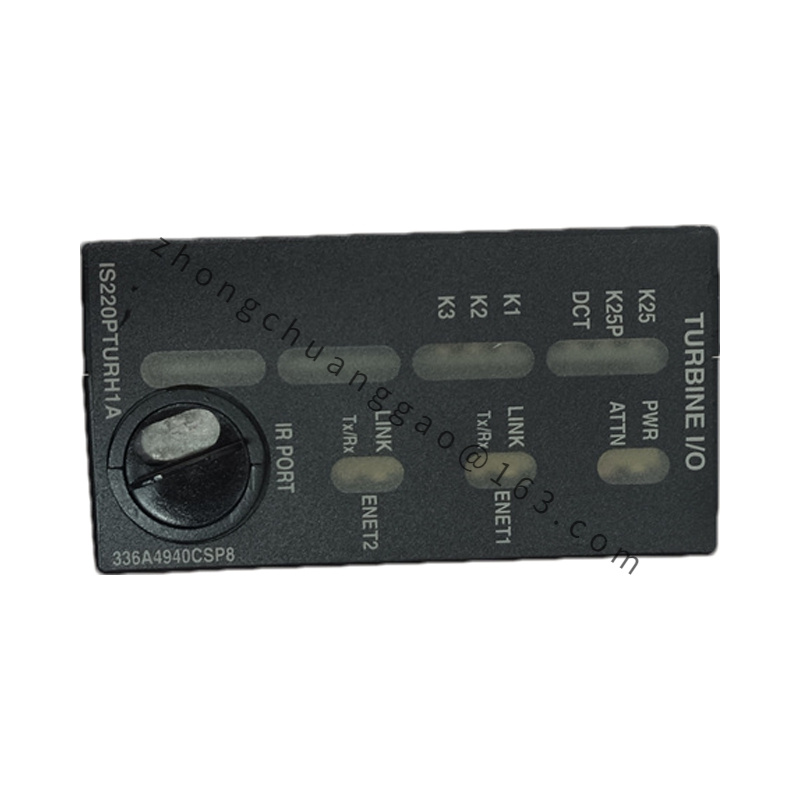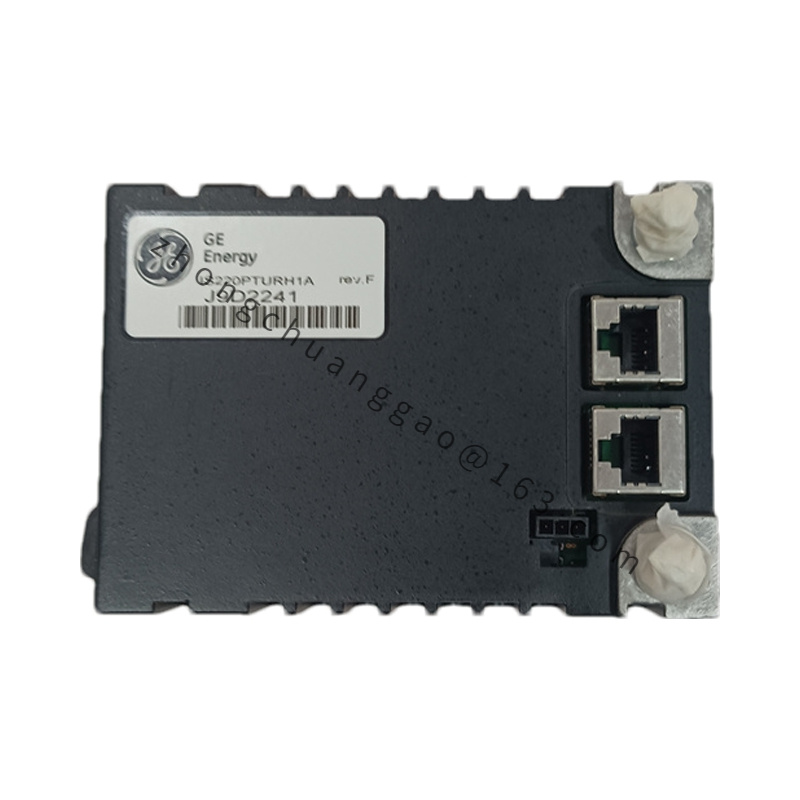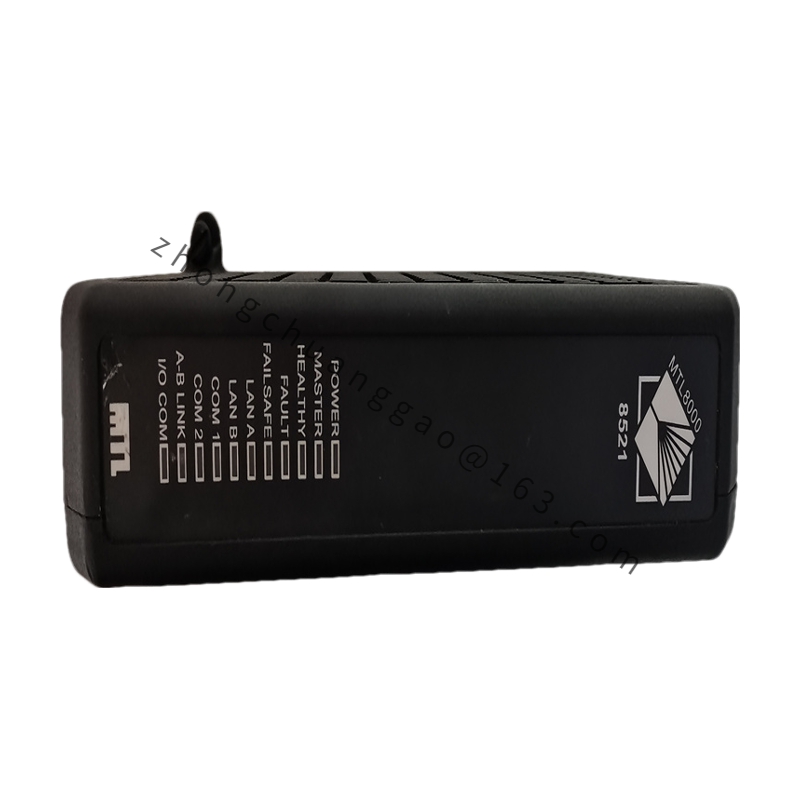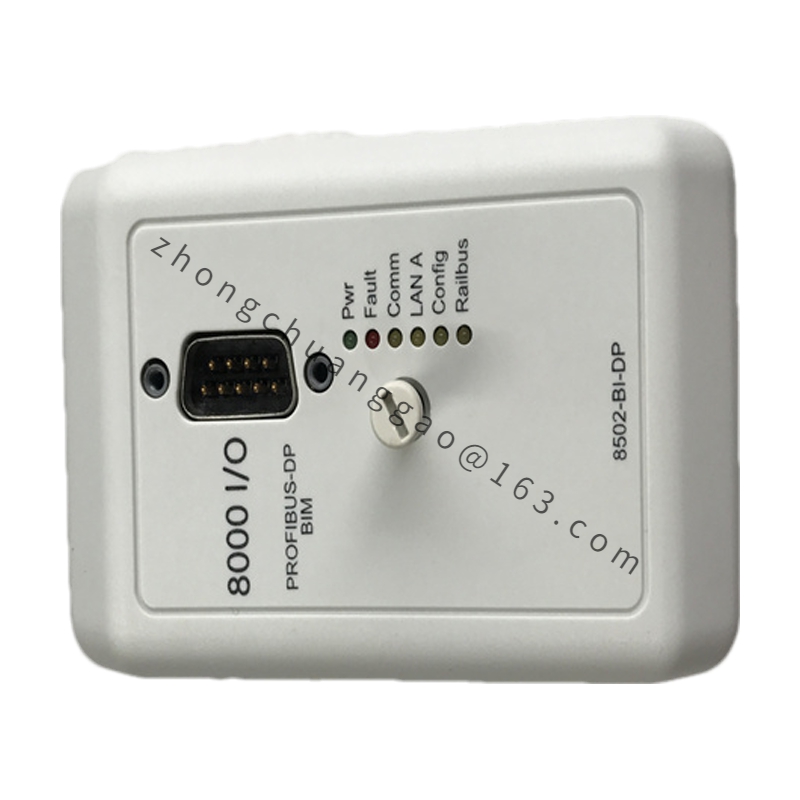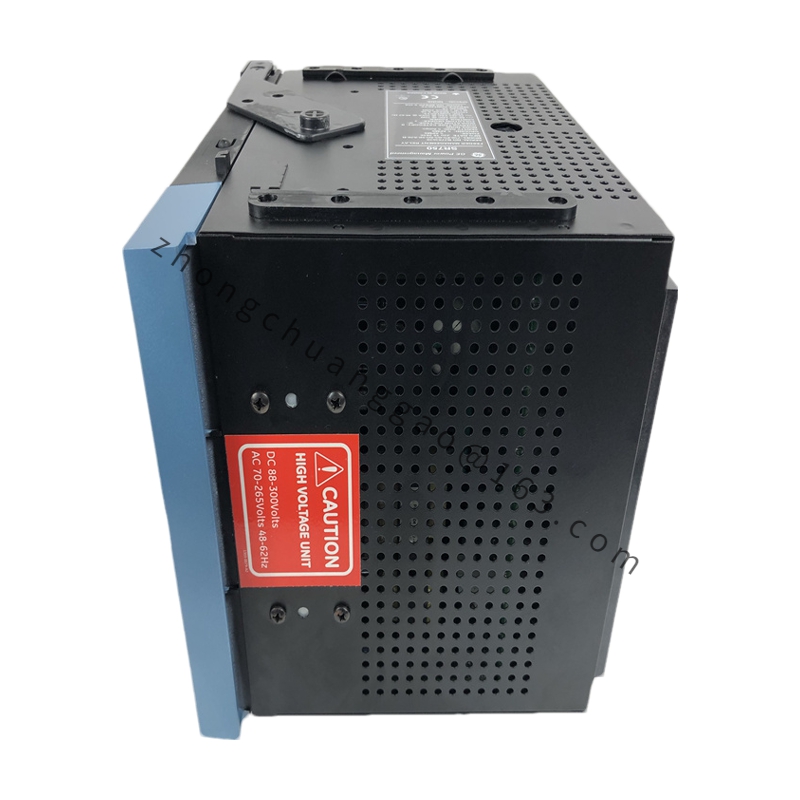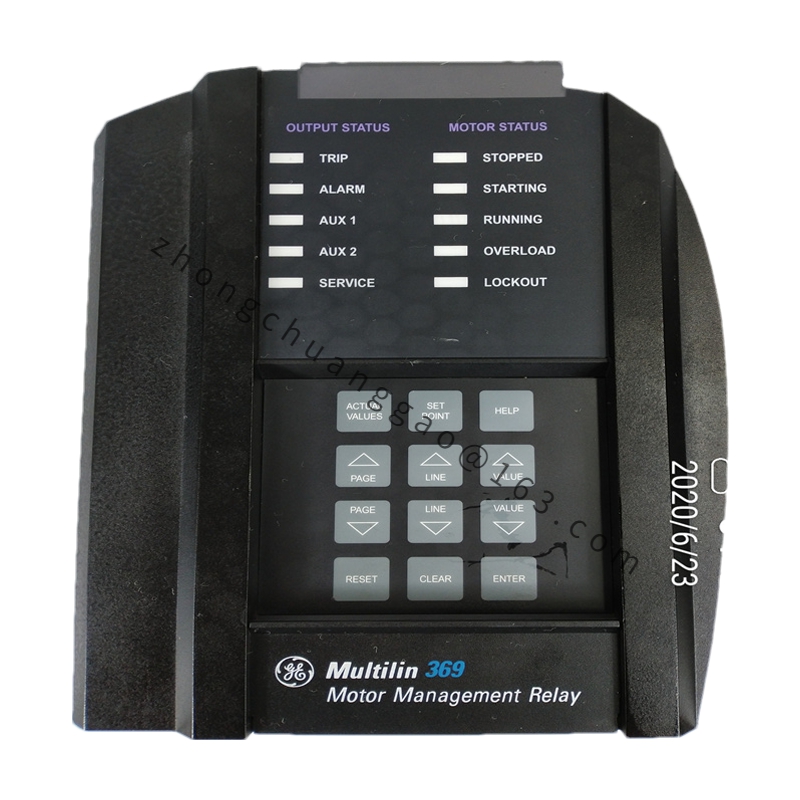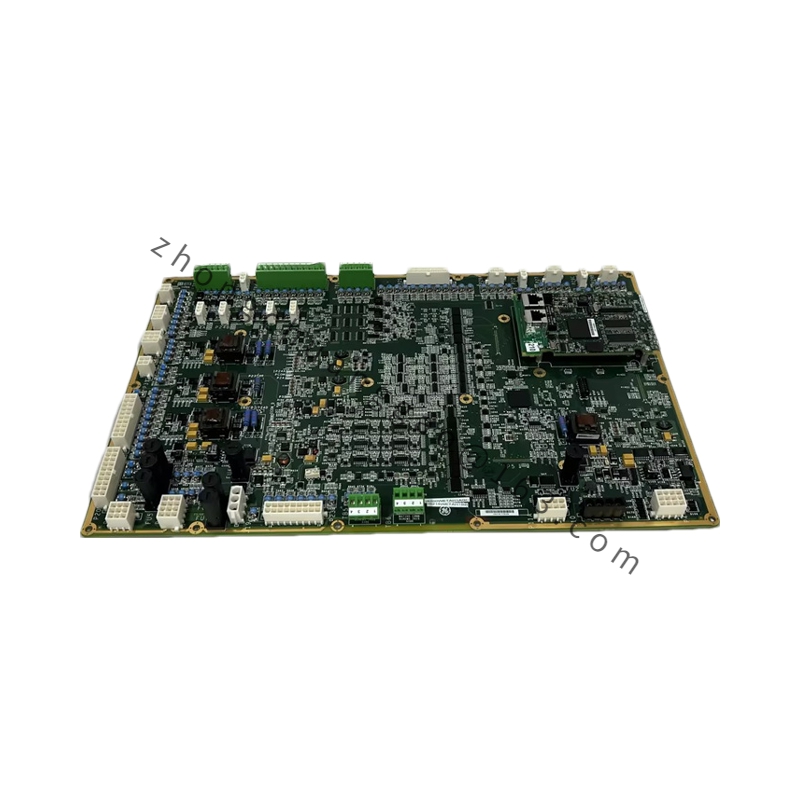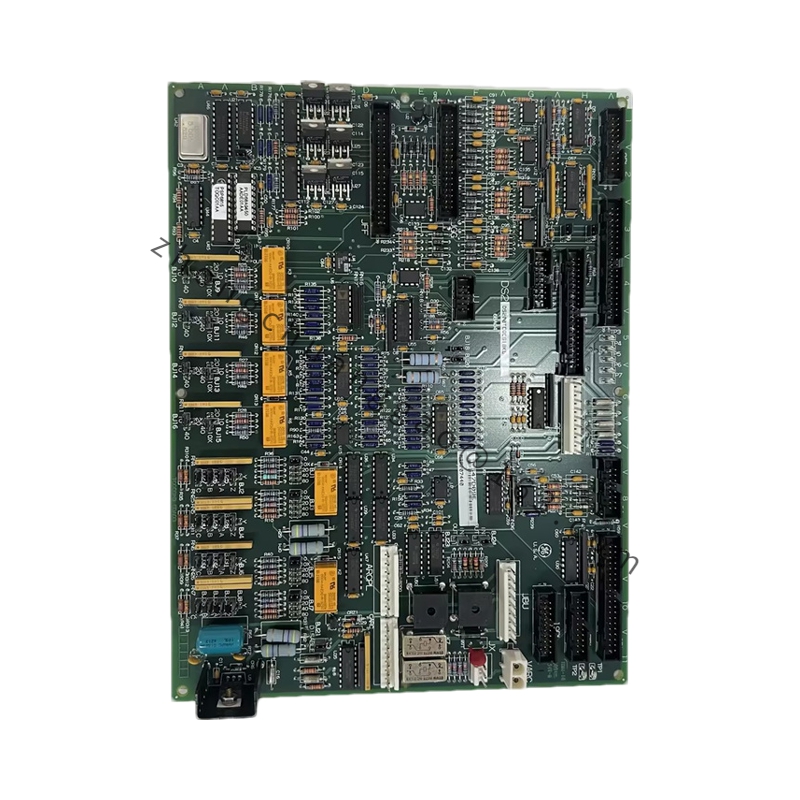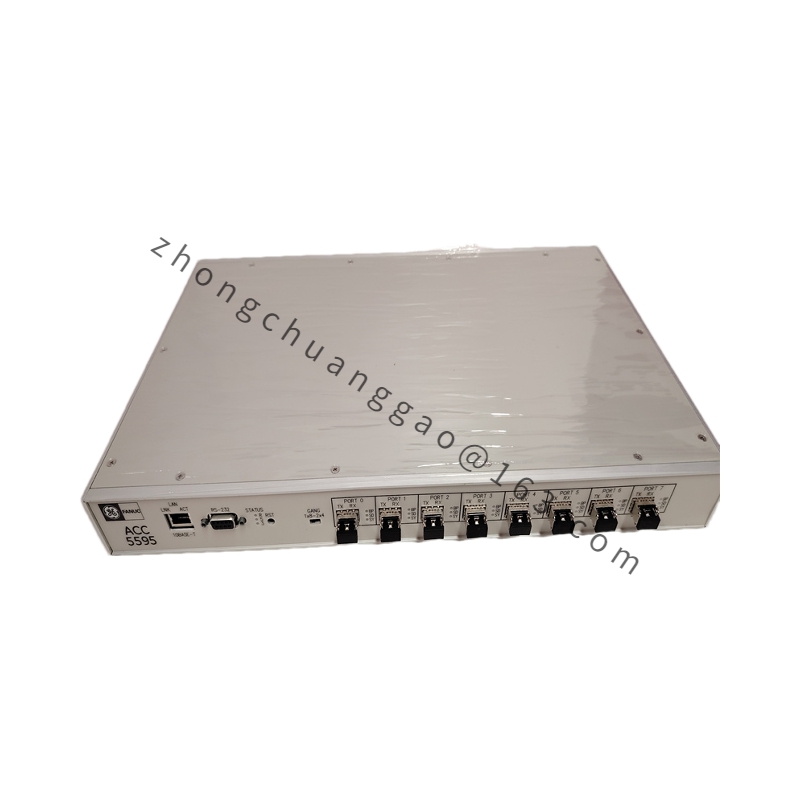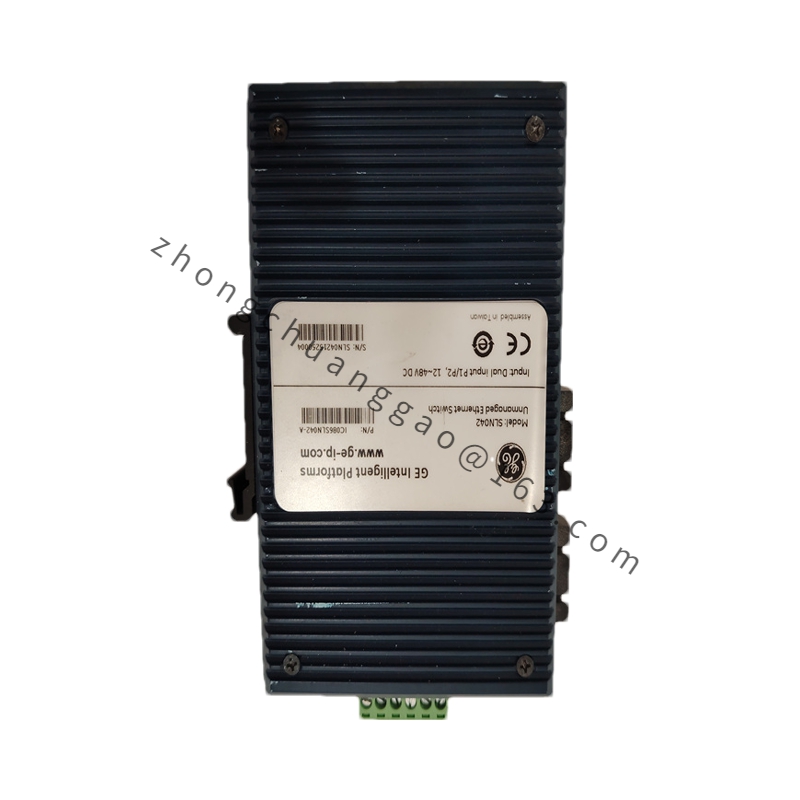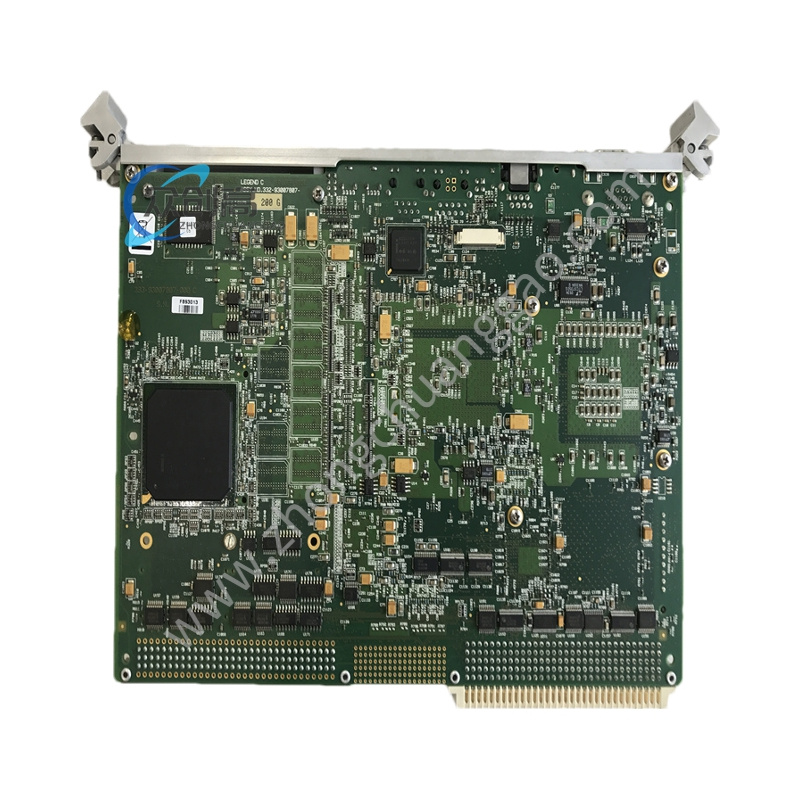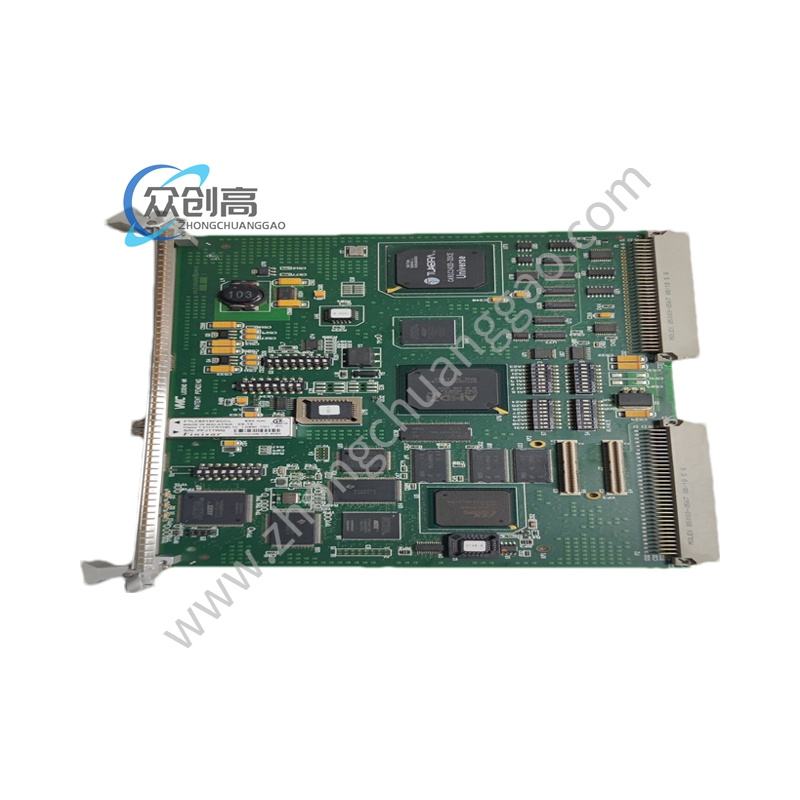Detailed content
Technical Specifications
- Model:
- Model Number: IS220PTURH1A
- Type:
- Category: PTU (Process Transmitter Unit) Module
- Input/Output:
- Inputs: Designed to accept inputs from various process transmitters, including pressure, temperature, and flow transmitters.
- Outputs: Typically includes outputs for controlling process variables and communicating with other control systems.
- Communication Interfaces:
- Ethernet Ports: Includes Ethernet interfaces for network communication and integration with other system components.
- Serial Ports: Provides serial communication ports for interfacing with additional devices and systems.
- Power Supply:
- Voltage: Operates on a standard 24V DC power supply; specific requirements should be verified with the manufacturer’s documentation.
- Environmental Conditions:
- Operating Temperature: Designed to operate within an industrial temperature range, typically from -20°C to +60°C.
- Relative Humidity: Functions effectively in environments with 5% to 95% non-condensing relative humidity.
- Dimensions and Weight:
- Size: Compact design for installation in standard control panels or racks.
- Weight: Lightweight for ease of installation and integration.
Features
- High-Performance Data Acquisition:
- Processing Power: Equipped with a high-performance processor to handle data acquisition and control tasks efficiently.
- Accuracy: Provides precise measurements and control based on input from process transmitters.
- Versatile Input/Output Capabilities:
- Input Compatibility: Supports a wide range of process transmitters and sensors, including pressure, temperature, and flow devices.
- Output Flexibility: Offers various output options for controlling process variables and interfacing with other systems.
- Communication Interfaces:
- Networking: Multiple Ethernet and serial communication ports for seamless integration with other system components and networks.
- Protocol Support: Compatible with standard industrial communication protocols for data exchange.
- User Interface:
- Configuration Tools: Provides software tools for configuration, diagnostics, and system monitoring.
- Real-Time Monitoring: Allows real-time monitoring of process variables and system performance.
- Industrial-Grade Design:
- Durability: Designed to withstand harsh industrial conditions, including temperature extremes, vibrations, and electrical noise.
- Compliance: Meets industry standards for safety, performance, and reliability.
Applications
- Process Control:
- Usage: Utilized in process control systems for monitoring and controlling process variables such as pressure, temperature, and flow.
- Application: Suitable for industries such as chemical processing, oil and gas, power generation, and manufacturing.
- Industrial Automation:
- Role: Functions as a key component in industrial automation systems, providing accurate data acquisition and control capabilities.
- Integration: Integrates with other control devices and systems for comprehensive process management.
- Data Acquisition:
- Purpose: Collects and processes data from process transmitters to support data-driven decision-making.
- Benefits: Enhances system visibility and operational efficiency through reliable data collection.
- SCADA Systems:
- Application: Used in SCADA (Supervisory Control and Data Acquisition) systems for remote monitoring and control of industrial processes.
- Features: Provides real-time data and control capabilities to operators and engineers.
- Building Automation:
- Usage: Applied in building management systems for controlling HVAC, lighting, and other building systems.
- Advantages: Improves building efficiency and occupant comfort through automated control.
Additional Considerations
- Installation and Maintenance: Ensure adherence to the manufacturer’s guidelines for installation and regular maintenance to maintain optimal performance.
- Technical Support: For detailed specifications, configuration assistance, and troubleshooting, refer to GE’s official documentation or contact their technical support team.

